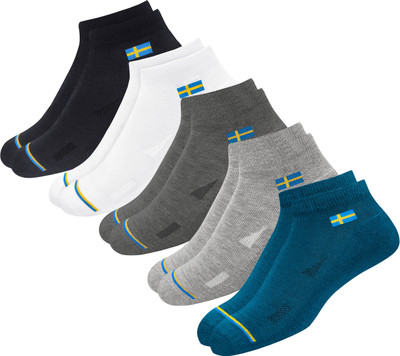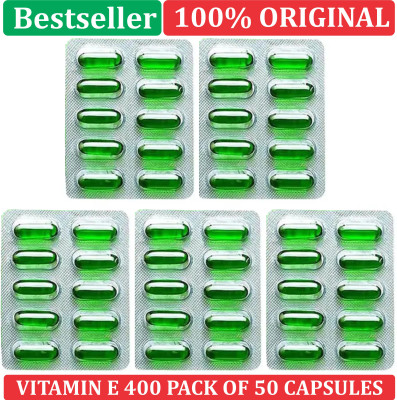

Sale starts in01 days 07 hrs : 41 mins : 28 secs
Naman art 1000 ml Copper Sipper (Pack of 1, Brown)
Share
Naman art 1000 ml Copper Sipper (Pack of 1, Brown)
3.6
27 Ratings & 4 Reviews₹587
₹822
28% off
Coupons for you
T&C
Available offers
T&C
T&C
T&C
T&C
Delivery
Check
Enter pincode
Delivery by25 Sep, Thursday
?
View Details
Capacity
- 1000 ml1000 ml
Please select a Capacity to proceed
Highlights
- Made of: Copper
- Bottle Type: Sipper
- Capacity: 1000 ml
- Pack of: 1
- Double Insulated Wall
Services
- Cash on Delivery available?
Seller
Description
Accordingly, our copper drinking bottles are also natural alkaline water bottles. Studies have shown that copper is anti-bacterial, supports good health, prevents aging, supports healthy skin, helps maintain cardiovascular health, supports the thyroid, and stimulates the brain.The Health Benefits of Copper Water Bottles. Put simply, storing water in a copper vessel creates a natural purification process. It can kill all of the microorganisms, algae, fungi, bacteria, and molds in water that can be harmful to the body, making it perfectly fit for drinking.ECO-FRIENDLY AND BIODEGRADABLE: Rust-free and super durable, this copper water bottle is the ultimate sustainable choice for your family and can be reused everyday without any waste.On the whole, a copper bottle is indeed the best option if you're looking to make the switch to a reusable water bottle. It is easy to clean as well. All you need is lemon and salt to scrub the bottle clean.Storing water in a copper vessel works as a purification process. It can kill all the microorganisms like molds, fungi, algae and bacteria, present in the water that could be harmful for the body. It also helps maintain body's pH (acid-alkaline) balance.Copper is an essential nutrient for the body. Together with iron, it enables the body to form red blood cells. It helps maintain healthy bones, blood vessels, nerves, and immune function, and it contributes to iron absorption. Sufficient copper in the diet may help prevent cardiovascular disease and osteoporosis, too.Glass is the safest water bottle type and offers the purity of taste, but stainless steel offers insulation benefits that keep your beverages hot or cold.Drinking water with more than 1,300 micrograms of copper per liter of water (µg/L)* can be a health risk for everyone. Infants and people with Wilson's disease may need water with an even lower level of copper to stay safe. Copper can get into your drinking water as it passes through your plumbing system.Copper water is an emerging trend that promotes the practice of storing drinking water in a copper container or copper water bottle. While you may have just recently heard about this trend, it's widely supported by Ayurveda, an Indian system of holistic medicine with ancient origins.
The World Health Organization recommends only 0.47 mg of copper for every litre of water and the upper intake should not exceed 10mg per day. In case, if you have stored for more than 10 hours, do not consume it as it could have crossed the daily recommended intake. Copper is a metal that has been considered synonymous with drinking water transport for years. It is a light and malleable material. It also offers good corrosion resistance. To be sure that the water you drink is safe, the best water bottle material is 18/8 food-grade stainless steel. The grade refers to the composition of metals, 18% chromium and 8% nickel, and is one of the highest grades of stainless steel available.
Read More
Specifications
In The Box
| Sales Package |
|
| Number of Contents in Sales Package |
|
General
| Brand |
|
| Model Number |
|
| Type |
|
| Color |
|
| Brand Color |
|
| Body Material |
|
| Handle with Care |
|
| Model Name |
|
| Double Insulated Wall |
|
| Capacity |
|
| Net Quantity |
|
Additional Features
| Key Features |
|
Convenience Features
| BPA Free |
|
| Leak Proof |
|
Ratings & Reviews
3.6
★
27 Ratings &
4 Reviews
- 5★
- 4★
- 3★
- 2★
- 1★
- 9
- 7
- 6
- 1
- 4
4
Nice product
expected dot... arrived plain
READ MORENagasena Yadav
Certified Buyer, Anantapur
Sep, 2019
0
0
Report Abuse
5
Mind-blowing purchase
Size, quality, looks, bottle cap is fine.
READ MORELOKENDRA PRATAP SINGH GANGWAR
Certified Buyer, Lucknow
Jul, 2019
0
0
Report Abuse
+
All 4 reviews
Be the first to ask about this product
Safe and Secure Payments.Easy returns.100% Authentic products.
Back to top









